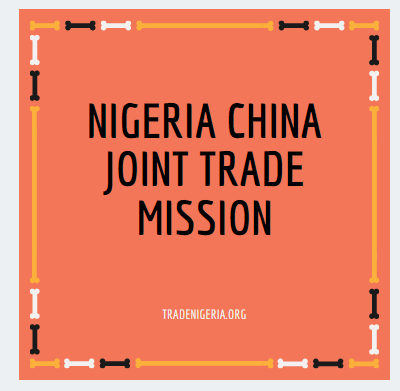A person has a comparative advantage at producing something if he can produce it at a lower cost than anyone else.
Having a comparative advantage is not the same as being the best at something. In fact, someone can be completely unskilled at doing something, yet still have a comparative advantage at doing it! How can that happen?….
We all have a good intuitive understanding of the power of trade. At the simplest level, if you have something I want and if I have something you want, and we trade us with each other, we’re both better off.
So if I can knit and you can’t, and if you can grow corn and I can’t, it obviously makes sense for me to swap one of my sweaters for some of your corn. You and I might argue about the “price”—how many ears of corn one of my gorgeous sweaters is worth—but once the deal is done, you’re warmer and I’m on my way to being less hungry.
Trade seems simple.
Almost two hundred years ago, David Ricardo discovered something not so simple about the trade that came to be called comparative advantage. Here is a story that will let us explore the mysteries of trade together.
Absolute Versus Comparative Advantage: The most straightforward case for free trade is that countries have different absolute advantages in producing goods.
For example, because of differences in soil and climate, the United States is better at producing wheat than Brazil, and Brazil is better at producing coffee than the United States.
Obviously, both countries are better off when Americans produce wheat and exchange a portion of it for some of the coffee that Brazilians produce.
But does this mean that a country with an absolute advantage in the production of a good should always produce that good rather than import it? No, as the English economist David Ricardo first explained in the early 1800s.
A country can have an absolute advantage in the production of a good without having a comparative advantage. Comparative advantage is what determines whether it pays to produce a good or import it….
“Then I hope your honor will set us right,” replied Bob.—”Why,” said the landlord, “I maintain that, when two countries trade freely with each other, they are both gainers.”…
“This requires some explanation,” said the landlord, “which I will try to give you. Foreigners send over to us such goods as they can make or produce cheaper and better than we can; therefore, when we buy those goods, we get them cheaper or better than we could have made them ourselves.”…

No comments:
Post a Comment